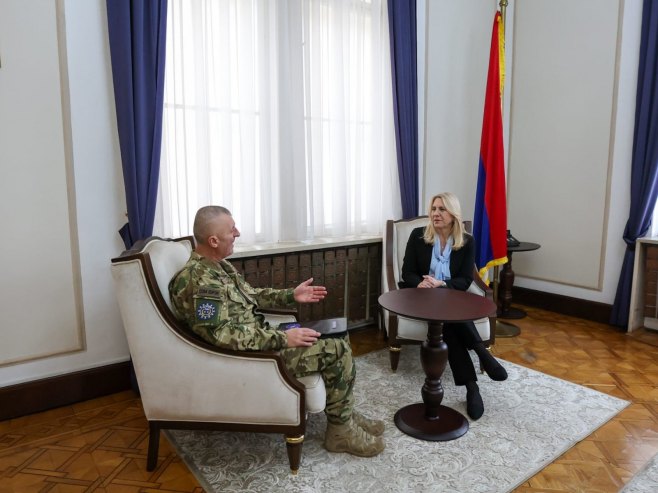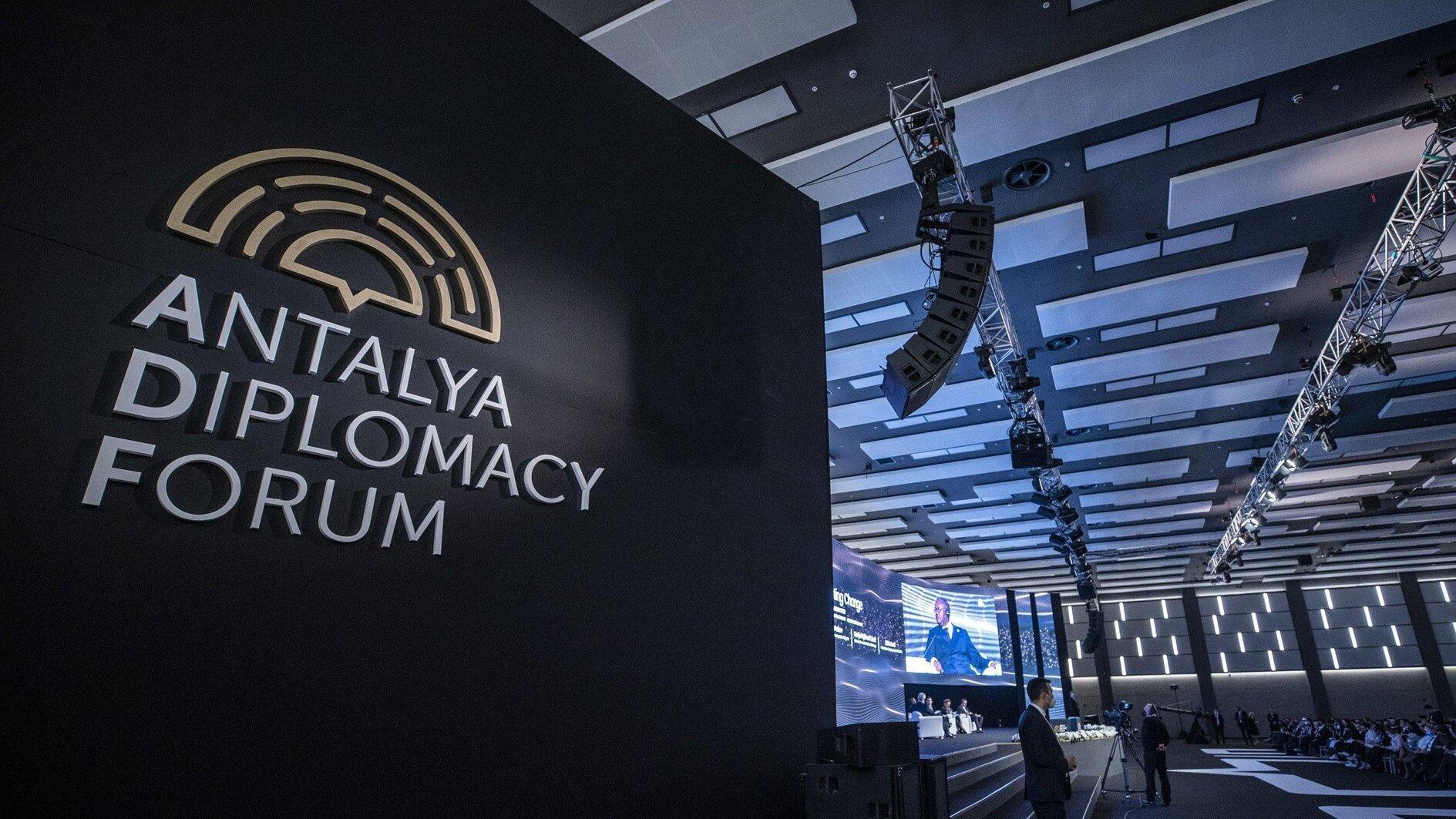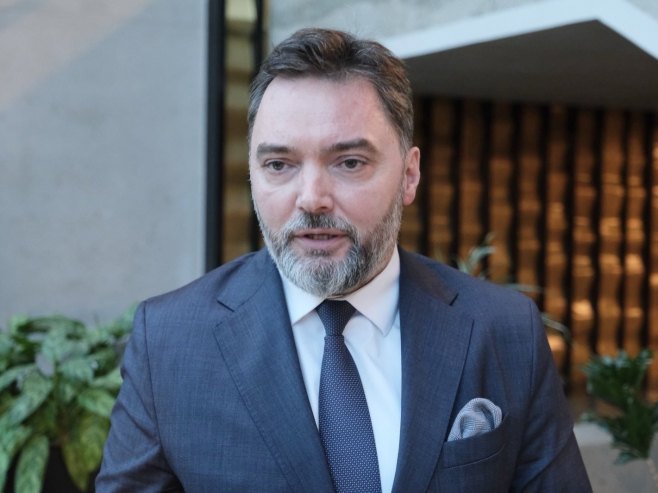Written by Muharem Bazdulj.
Less than four months ago, at the beginning of September, I wrote about Borac’s “European autumn to remember,” emphasizing, among other things, how “Borac has six guaranteed matches in Europe.”
The first of those matches took place at home in Platonova, hosting the formidable Panathinaikos. This was by far the strongest opponent Borac faced in the draw. All others were more manageable, yet even against the powerful Greeks, securing a positive result at home was not out of reach. Borac also played away matches on three islands—Cyprus (APOEL), Iceland (Víkingur), and Ireland (Shamrock)—while LASK from Austria and Omonia from Cyprus visited Banja Luka. Fans of Borac were treated to a delightful competitive autumn of European football.
This feeling is familiar to supporters of serious clubs—following your team in the domestic league as well as on the international stage. It’s also great news for the urban identity of Banja Luka. All of this should serve as encouragement and motivation for the club’s management and players to continue performing well in the domestic league, ensuring that European autumns—and perhaps someday springs—become the norm rather than the exception for Borac.
Second round
Looking back at this text, as optimistic as I was and as much as I defended the thesis that the Conference League was a better fit for Borac than the Europa League (offering more evenly matched opponents), I still projected the possibility of a “European spring” as a distant future goal. Realistically, progressing to the second round in their first Conference League appearance was unexpected.
Particularly impressive is that Borac left behind some serious European clubs, from Scotland’s Hearts and Istanbul’s Başakşehir to St. Gallen and Dinamo Minsk, as well as LASK from Linz. Borac also had some luck in the draw.
Their next opponent is Olimpija Ljubljana, a slight favorite but far from unbeatable. There is plenty of time to study the opponent and devise a strategy. The odds are estimated at 60:40 in favor of the Slovenians, but such odds often favor the underdog.
Interestingly, the winner of the Borac-Olimpija match will face either Fiorentina or Rapid Vienna in the next round. That match will be the round of 16, just one step away from the quarterfinals—among the top eight teams.
If Borac beats Olimpija and reaches the round of 16, it will be their easiest match so far—one where they have nothing to lose, having already exceeded expectations. Surprises often happen in such games, and a victory over Rapid Vienna wouldn’t be impossible. Borac has already proven they can compete with LASK, and Rapid currently ranks third in the Austrian Bundesliga, just eight points ahead of LASK in seventh.
Moreover, their recent head-to-head match ended in a 1-1 draw. Facing Fiorentina, however, would be a football festival—a chance to host a European giant in Platonova.
Sporting fairy tales
To be clear, labeling this the “sports story of the year” is one perspective, especially in the context of Banja Luka, Krajina, and Republika Srpska. Local audiences will remember other sporting stories and fairy tales as well.
One that will undoubtedly be remembered for decades is Serbia’s basketball bronze medal at the Paris Olympics—particularly the legendary semifinal game, played almost flawlessly, where Serbia had the American “Dream Team” on the ropes for three and a half quarters.
While refereeing decisions favored the Americans, Serbia’s near-victory rattled their players and coaching staff, as evidenced by their post-game comments.
Paris also witnessed Novak Djokovic securing the one trophy that had eluded him—a gold Olympic medal—despite a recent injury. When he eventually retires, Djokovic will undoubtedly be regarded as the greatest tennis player of all time.
Another fairy tale unfolded in water polo. Despite doubts about their medal chances and the future of Serbian water polo, the team defied expectations and claimed Olympic gold, reaffirming their dominance.
Sporting luck
Returning to club football, Borac’s head coach, Mladen Žižović, expressed satisfaction with the draw for their February challenge:
- “It’s easier, of course, to play against Olimpija than Panathinaikos. It’s close, we know the opponent, and there’s no long travel involved. We are evenly matched in terms of quality and chances. If it were Panathinaikos, our chances would be lower. We have enough time to prepare, analyze, and study their strengths. We expect to have a real chance to advance, which would be a phenomenal achievement for us. For now, we’re officially on break, ready to rest and prepare for the second half of the season.”
Regardless of the outcome, Borac is guaranteed a place in Europe until late February. Given that Bosnian teams traditionally exited European competitions in the early qualifying rounds—often by August or early September—Borac’s achievement stands out in the local context.
Meanwhile, in the Bosnian league, Borac trails Zrinjski by just three points—a gap that can easily be closed in a head-to-head match scheduled for spring.
One thing is certain: Borac’s fans are entering 2025 with greater optimism and expectations than they did for 2024.
Source: Glas Srpske

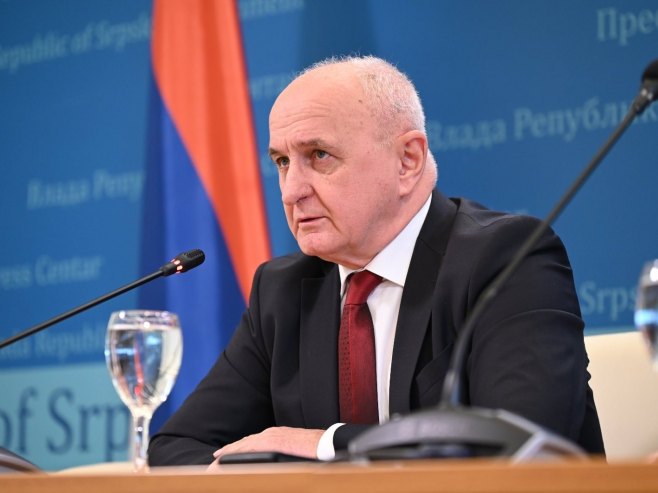

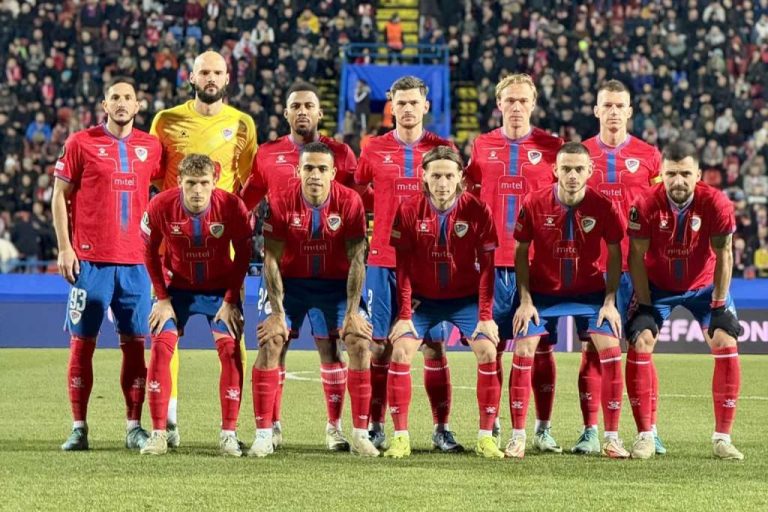
:max_bytes(150000):strip_icc()/GettyImages-96709750-1-9e5f0456cc684fc5b0dfafdc8accc9c5.jpg)
